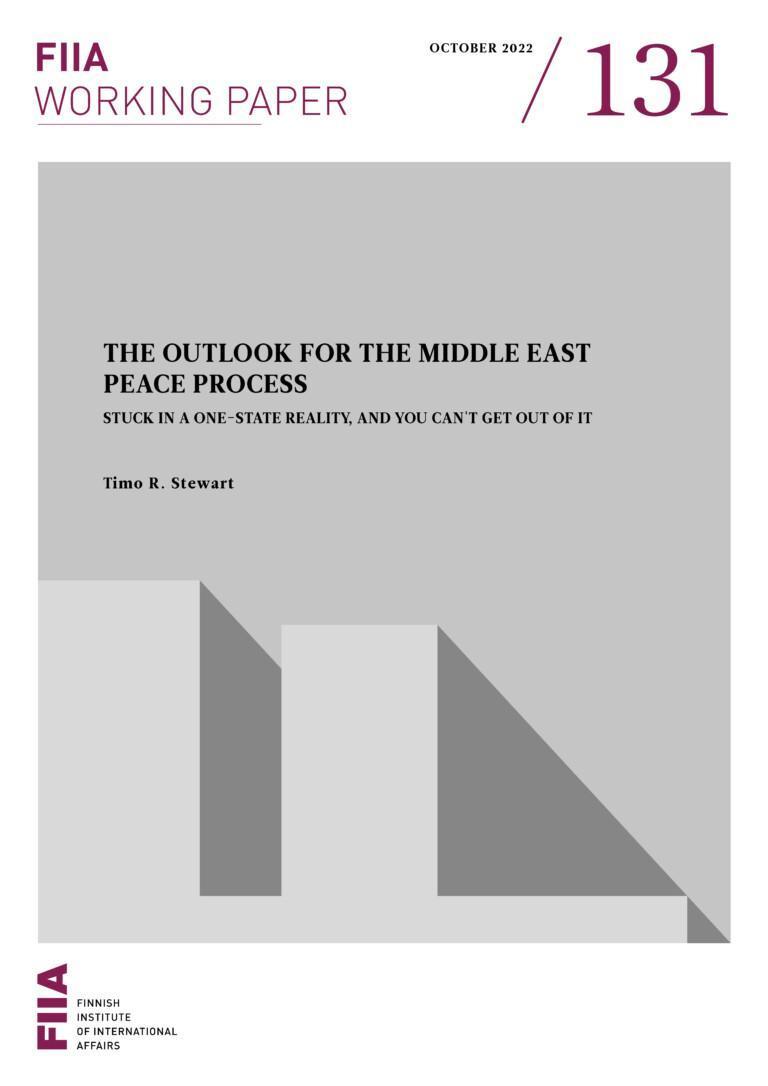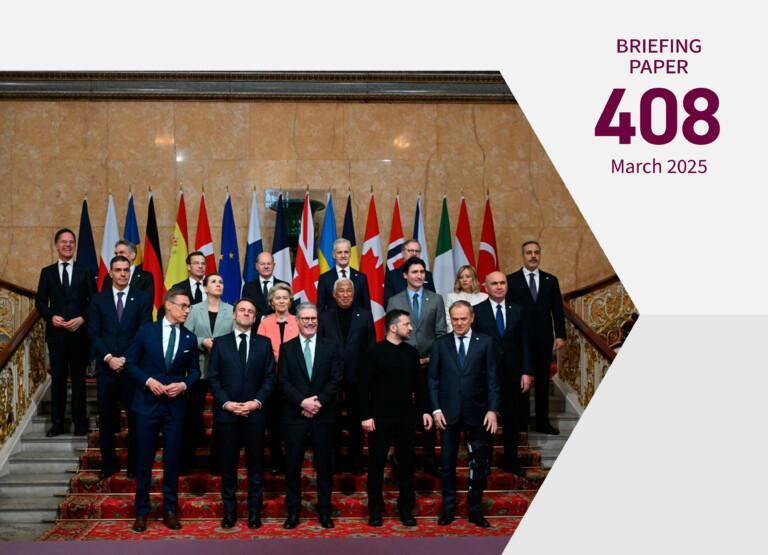
In July 2024, the International Court of Justice (ICJ) issued an Advisory Opinion on the legal consequences of Israel’s occupation of the West Bank, the Gaza Strip and East Jerusalem. It declared the occupation unlawful and called for its immediate end. The ICJ emphasized that all states are under an obligation not to assist in maintaining Israel’s presence in the Occupied Palestinian Territory (OPT).
Building on this Advisory Opinion, the UN General Assembly passed a resolution in September 2024 demanding that Israel end its unlawful presence in the OPT within 12 months.
Israel is opposed to ending its illegal occupation. It also opposes the two-state solution. There is not even a pretence of a peace process. This new lack of ambiguity will unavoidably put Israel’s non-compliance in the spotlight.
EU member states again split into three groups: those sympathetic to Palestinian rights, those supporting Israel, and those regularly abstaining on votes on the matter. During the Gaza war, the number of states sympathetic to Palestinian rights has increased.
The basic choice for the EU is between rallying to apply meaningful pressure on Israel in the face of member state divisions, or playing for time. The latter risks jeopardizing the two-state solution as well as the credibility of the EU’s commitment to international law.








